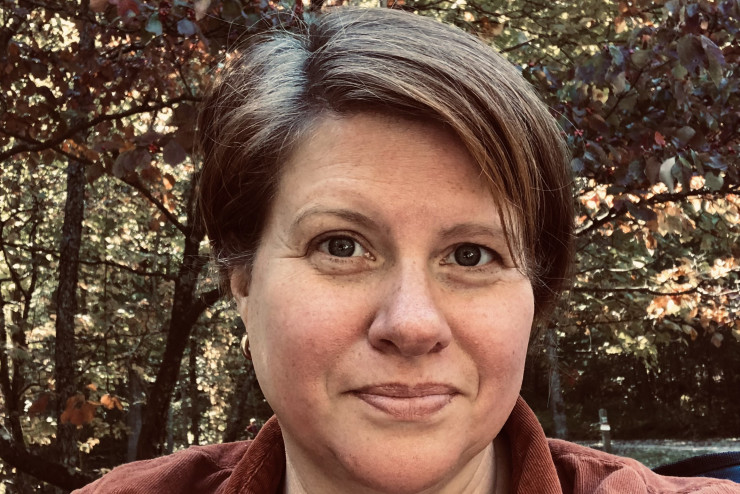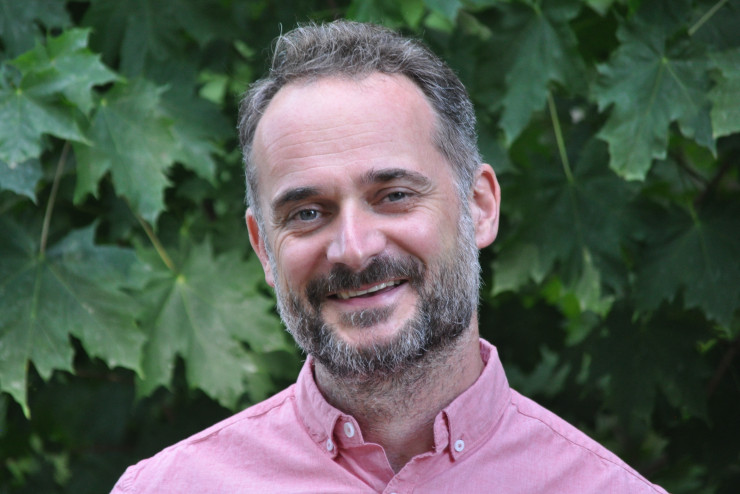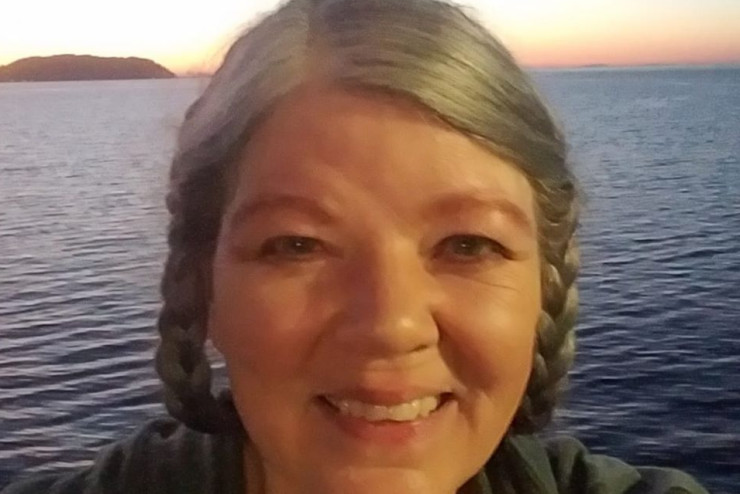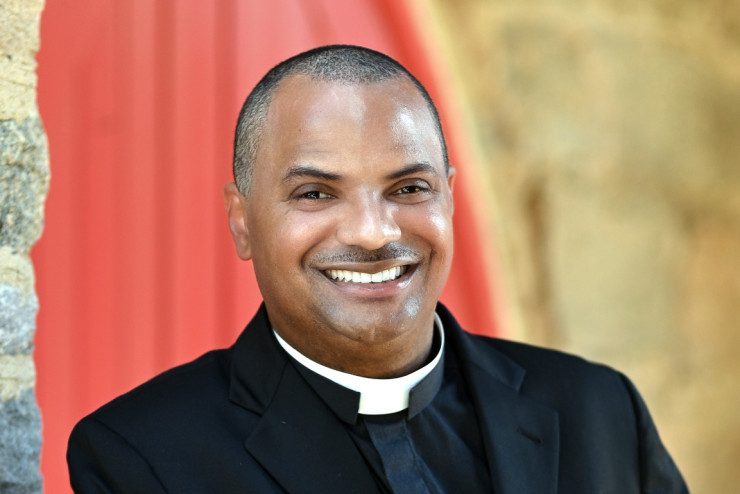
The Rev. April Berends
Contributor, Center for Religion and Environment
April Berends grew up splashing in the tributaries of the Plaster Creek (Ken-o-Shae) watershed in West Michigan, and swimming and fishing the waters of the Great Lakes. An Episcopal priest, she is the rector of Grace Episcopal Church, Chattanooga and has served congregations in rural Tennessee, Milwaukee, Miami, and Washington DC. At Grace, a faithful community of citizen ecologists tends a Level 2 urban arboretum, restores native habitat, supports local foodways, and resources local congregations and organizations for the work of creation care, justice and advocacy. April’s background includes community organizing and public health. She is interested in equipping faith communities for action around the intersections of climate change, decolonization, species decline, environmental justice and community care. She has a B.A. in visual art and art history from Calvin College, and an M.Div. from Yale University. In recent years, she has begun to explore the wonders of mycology with her nine-year-old, a budding ecologist who helps to her to notice the connections between decay, resurrection and all living things.



